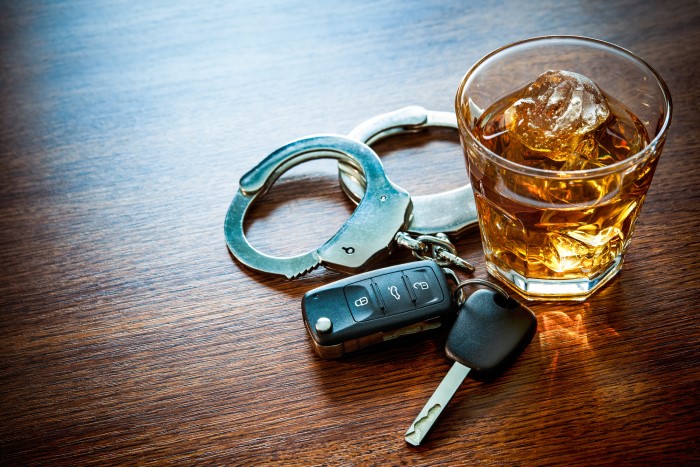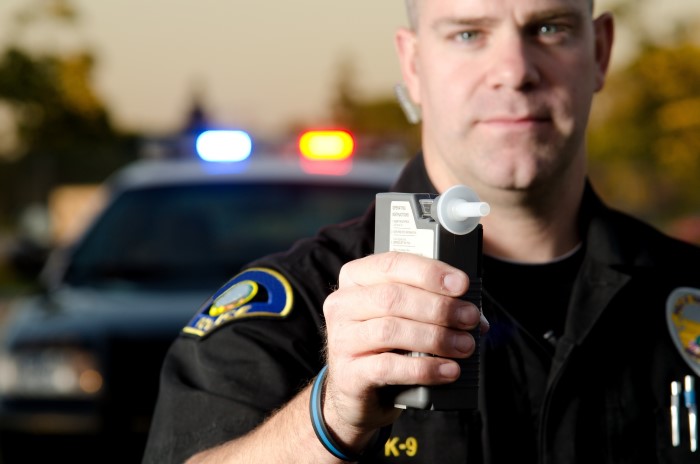
Combining alcohol and driving in a statement is a sobering thought that’s not a good mixture. In fact, statistics in 2021 reveal that more than 30% of car crashes in the U.S. resulting in death involved people who are driving under the influence (DUI). Alcohol is a drink known for its adverse effects on the human body that can affect one’s driving skills, diminishing brain function, critical thinking, and muscle control.
Not only is DUI fatal, but it’s an offense to traffic law that can have heavy consequences. Facing a DUI charge puts you in a tough position, but it’s essential for you to know that you have legal options and rights.
This article will discuss strategies to challenge DUI allegations and combat charges pressed against you. Continue reading to learn more.
Challenging the traffic stop
One of the primary things you can do as you defend your cause is to question the validity of the traffic stop. You may ask on what grounds the officer deemed it necessary to be suspicious about pulling you over. If the officer failed to come up with a sufficient reason, any evidence obtained from you could be invalidated.
When challenging the officer’s traffic stop, the jurisdiction plays a crucial role in determining the specific legal standards and procedures that must be followed. Each state has its own set of laws and protocols that govern the legality of traffic stops. For instance, California may have different DUI laws than other states due to culture or industry. So, if you’re facing felony DUI charges in Oakland, hiring a criminal defense attorney from there is more practical.
Disputing field sobriety test results
Field sobriety tests are basic assessments done by a police officer to check whether a driver is under the influence of alcohol. They look at one’s ability to be coordinated, balanced, and focused, which aren’t entirely objective and can be influenced.
Statistics show that field sobriety tests are fairly reliable, with the accuracy rate of horizontal gaze nystagmus (HGN) tests at 77%, walk-and-turn test at 68%, and one-leg stand test at 65%. While the tests are standard procedures with a relatively high success rate, these aren’t foolproof because they’re subjective.
Factors such as the weather, existing medical concerns by the driver, and mere tension or stress can all influence and disrupt the tests’ validity. Your attorney can challenge the results of these tests, arguing that they’re not a reliable indicator of intoxication.
Questioning the accuracy of chemical tests
Aside from questioning field sobriety results, you can also contest chemical test results. Chemical tests are done to know a person’s blood alcohol concentration (BAC). There are various ways to do this, mainly through a breath, blood, or urine test.
Breath analysis is done when pulled over, using a breathalyzer to measure breath alcohol content. You may question its calibration to be suspicious about the result. You may or may not consent to this, but a warrant for a blood test can be issued to allow the authority to take your blood legally. If further evaluations are needed, then a urine test will be done.
Nevertheless, the results may be contested no matter the outcome. Your legal counsel can take a look at the testing equipment used, assess its calibration and maintenance, inquire about how the tests are administered, and the like. All of these are with the hopes of deeming the evidence negligible in court.
Presenting alternative explanations
More than the test results, another route that’s worth taking is presenting alternative reasons that don’t involve alcohol intoxication. Your attorney can explore other reasons that resulted in the impairment of your driving such as having a medical condition wherein the side effect of the medicinal intake is like that of intoxication, bringing a cloud of doubt to allegations addressed towards you.
Aside from that, other factors can favor you as you challenge the police reports or statements of the witness. There’s no one-size-fits-all to these, so the key is to fortify your defense and tailor it to your needs.
Negotiating a plea bargain
Lastly, negotiating a plea bargain with the prosecution may be in your best interest. It’s an arrangement wherein the defendant admits his guilt over the allegations and bargains with the prosecutor, hoping to have a lighter offense or sentence. Your attorney can help you assess the strength of the evidence against you and determine what kind of plea bargain is the best course of action.
Conclusion
A DUI charge is a serious matter nobody wants. But as the accused, you must recognize that you have your legal right to question and raise doubt on the evidence against you. If you’ve been apprehended, it’s vital to have a legal counsel by your side to guide you in the whole process and take note of the strategies you can apply to combat the charges against you.








